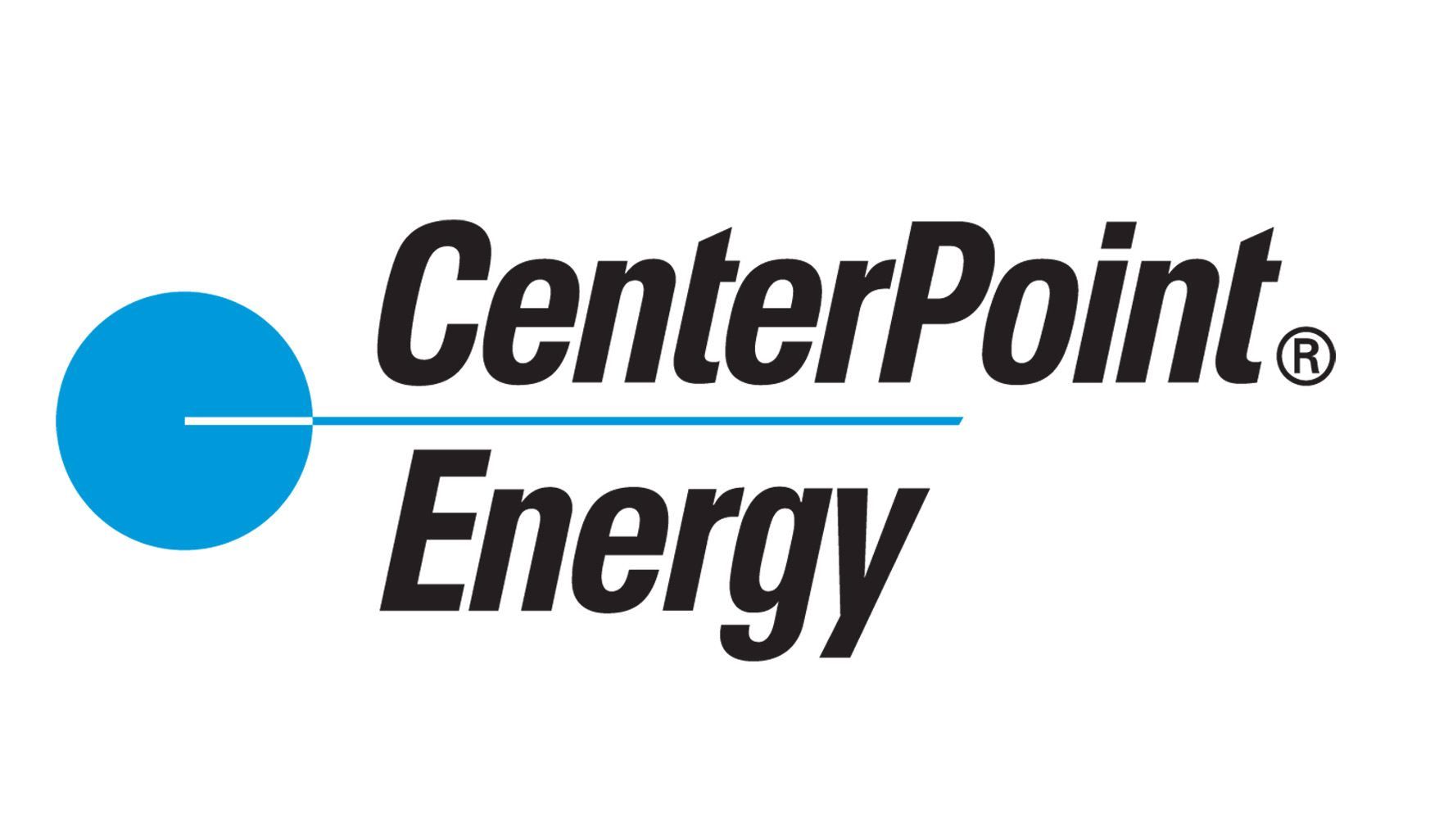
LG Chem is expanding its automotive adhesive business to enhance its position in the mobility market. On October 30, LG Chem announced its plans to grow the automotive adhesive market into a multi-billion dollar business, beginning with the supply of thermal conductive adhesives to North American electric vehicle manufacturers. These thermal conductive adhesives are essential for battery cell assembly into modules and packs, featuring high thermal conductivity and electrical insulation necessary for heat management and performance maintenance.
LG Chem holds more than 180 patents for thermal conductive adhesives, establishing technical barriers and offering tailored solutions to customers. Recently, they have been developing products that not only improve thermal performance but also reduce costs and contribute to weight reduction for customers. In 2018, the company acquired Uniseal, a U.
S.-based adhesive specialist, to formally venture into the automotive adhesive business. Uniseal is the leading company for automotive body adhesives in North America and has recently developed new products free from hazardous chemicals and capable of reducing carbon emissions.
LG Chem is also developing a variety of adhesive materials with domestic and international partners, such as polyimide varnish and silver nanopaste for motors, inverters, and converters, in addition to battery thermal adhesives for powertrains. The company is expanding into other electronic component sectors, including camera sensors, headlamps, and vehicle displays. The automotive adhesive market is anticipated to grow rapidly from 9 trillion won in 2024 to 16 trillion won by 2030, driven by the increasing demand for electronic components related to electrification and autonomous driving, along with the need for lighter and more eco-friendly materials.
"We will leverage our technological capabilities accumulated in material synthesis, property design, and manufacturing processes in electronic material fields such as displays and semiconductors to actively nurture the mobility materials business, a future growth area, and strengthen our market position," said Shin Hak-cheol, Vice Chairman of LG Chem..













